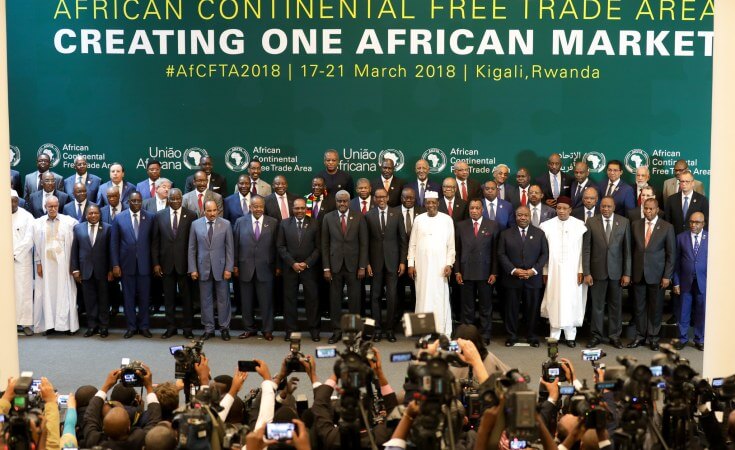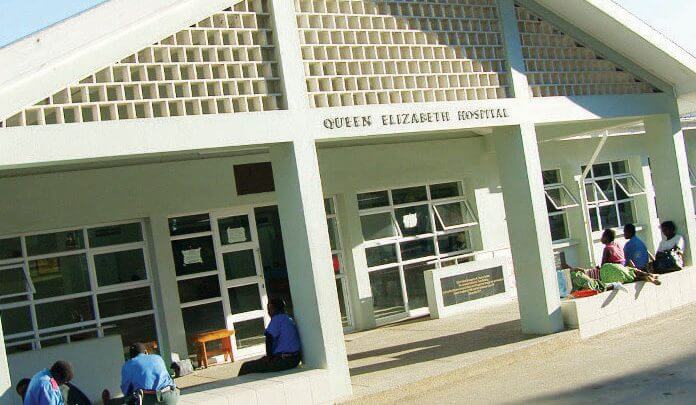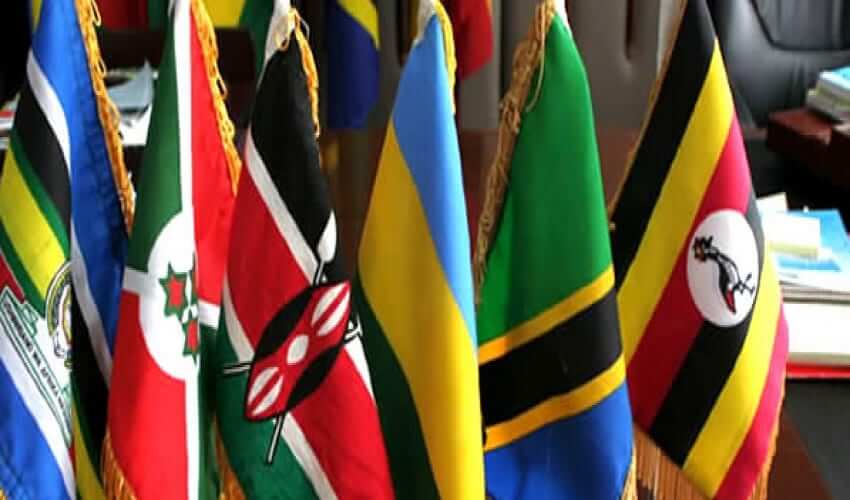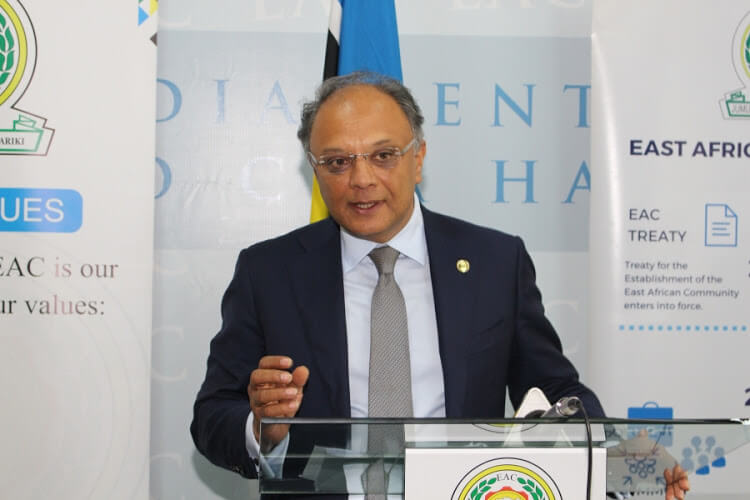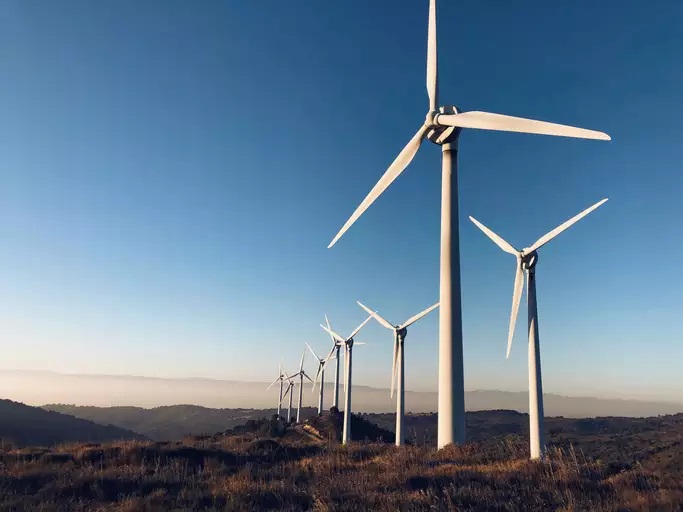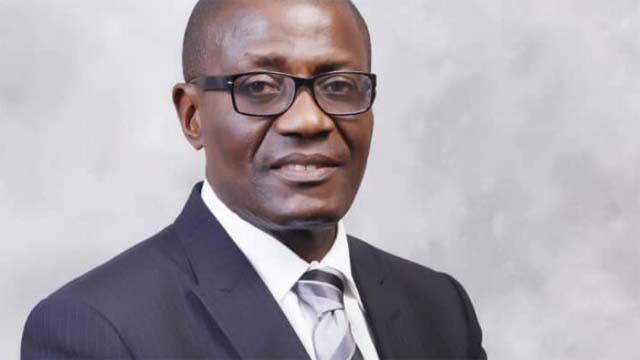The number of countries that ratified the African Continental Free Trade Area (AfCFTA) agreement has increased to 40 with the recent ratification of Zambia, Malawi, Algeria and Burundi, a top official told reporters on Friday, July 9. Secretary-General Wamkele Mene was addressing his second quarterly press briefing. He noted that the DR Congo, Seychelles and Burundi ratified but are yet to deposit their instruments of ratification, quickly adding: "But it's a very positive signal, the fact that 40 countries have ratified." "This is a very important development," Mene noted, adding that he recently visited Tanzania and had fruitful discussions with its leaders. End last month, the Secretary-General visited the country and met with President Samia Suluhu Hassan. "Its President told me that Tanzania will ratify by September and that means that one of the biggest economies in Africa is also going to ratify," he said. "With Tanzania (ratifying) it means that EAC, the entire Customs Union, will now be part of the implementation of the AfCFTA." Burundi ratified the AfCFTA on June 17, becoming the fourth East African Community (EAC) country to ratify following in the footsteps of Rwanda, the most committed country to the Agreement, Kenya and Uganda. The agreement initialed in Kigali, on March 21, 2018, aims to create the largest free-trade area in the world and the EAC business community wants things fast-tracked. The Continental Free Trade Area aims to reduce all trade costs - eliminate 90% of tariffs - and enable Africa to integrate further into...
Africa: AfCFTA Gathers 40 Ratifications
Posted on: July 14, 2021
Posted on: July 14, 2021

